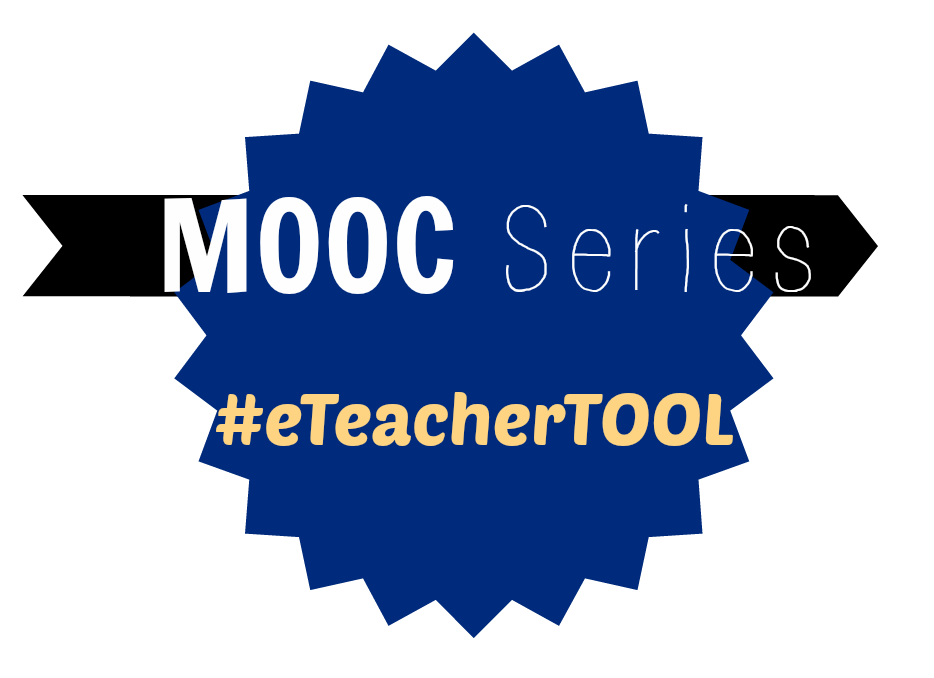 This post is one in a series for a MOOC. You can find similar posts searching under the Category MOOC or searching for hashtag #eteacherTOOL for more about this particular MOOC.
This post is one in a series for a MOOC. You can find similar posts searching under the Category MOOC or searching for hashtag #eteacherTOOL for more about this particular MOOC.
Constant |
Timely |
Specific |
|
Student |
|
|
|
Parent |
|
||
School |
|
Constant, Timely, Specific
The frequency and interval of communication between online teacher/facilitator and stakeholders should be predictable above all else. Participants should know when to expect the next scheduled communication and/or know that if conditions warrant an additional communication will occur.
The timing of those communications requires an instructional designer or teacher/course facilitator to look for the logical points between initial exposure to new material and a duration of time in which the teacher might expect the knowledge to begin to be internalized by the participant. Communications would then start at the opening of the duration and continue as needed until the teacher is satisfied the participant has acquired that knowledge. One would expect many checks, at deepening levels of understanding. And the facilitator needs to slide communication in while the students is struggling, but not too much, the student still needs to not be struggling so much as to feel the learning is without hope.
Specific communication requires a mastery of the content of the course and the willingness to cut tot he chase with targeted information to the participant.
Student, Parent, School
Students should be developmentally prepared for the content of the course. Coping with the demands of an online course should also be a prerequisite. However, in my opinion the ability to process the content is of a higher need. A good teacher can help a student learn how to “do online school,” but you cannot teach a student up to being developmentally prepared for abstract ideas.
If that criteria is met, the student will need to model time management skills to keep up with communication within a course. The student should also exhibit predictable communication behavior. The teacher/facilitator should expect: notice from a student in advance of any late work, communication about absences from synchronous sessions in advance of events whenever possible, notice of trouble in mastering ideas central to the coursework.
Parents should be supporters of both students and teachers. It is a natural part of life to stumble on occasion. If parents are able/willing to let a student experience a control example of what it feels like to get a little behind, to get a zero for not turning in an assignment, for not doing his or her best, the student might be served by this lesson. Better to stumble in a controlled environment than in the wide open world. Teachers should reassure parents about any such learning, is this an appropriate assignment for the student to struggle with which to struggle? How far should we let him/her get behind before stepping in with some strategies to recover? Partnering to construct a fully supportive learning environment will be most helpful for the student.
Parents can expect the teacher to communicate primarily with the student. Parent communication should still be predictable, by date and/or event.
The school communication is a function of the teaching position and should be a professional exercise. Factual and anecdotal information pertinent to the development of the student should be kept. Any emotional concerns about the student should be escalated immediately to the proper authority.
The Community
The only stakeholders not mentioned yet are the future employers/larger community. The demand from this group is that future peers are positive contributors to our communities and good employees or business owners.






2018-03-28 at 12:53 pm
Local, state and federal government are stack holders that hold financial and legislative decisions about the operation of the schools. Healthy interrelation among all of the stack holders are essential for a student to receive optimum education and society to benefit from it.
Purviben Trivedi-Ziemba recently posted…Slice of Life: Dance